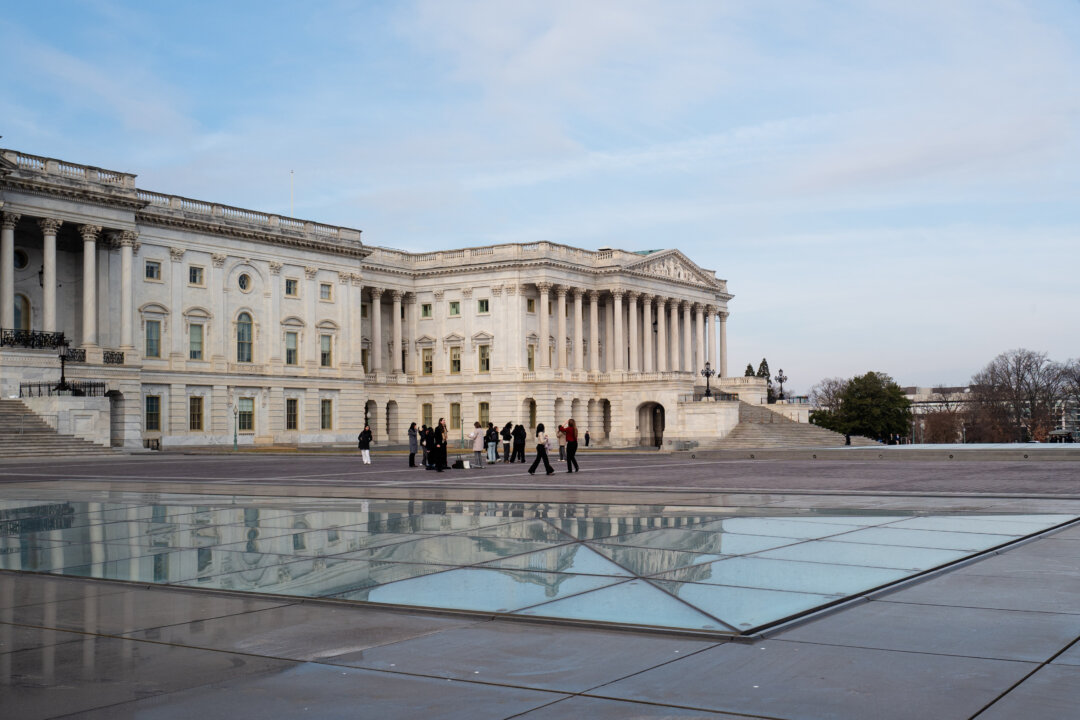Here are the three GOP senate holdouts on the ‘big, beautiful bill’
The article discusses the recent passage of President Donald Trump’s “big, beautiful bill” in the Senate, which required a tie-breaking vote from Vice President JD Vance due to opposition from three Republican senators: Susan Collins, Rand Paul, and Thom Tillis. These GOP holdouts voted against the spending bill, which they criticized mainly for its changes to Medicaid that they argued would negatively impact low-income families and rural healthcare providers. Collins highlighted her support for tax relief but opposed the bill’s Medicaid provisions, while Tillis echoed her concerns, citing potential losses in funding for north Carolina hospitals. Paul opposed the bill because it raised the national debt ceiling, advocating for important reductions in debt instead. The article mentions that the Senate’s version of the bill increased the debt ceiling by $5 trillion.It concludes by noting that the measure now moves to the republican-controlled House, where further challenges are anticipated as lawmakers approach a legislative deadline.
Here are the three GOP Senate holdouts on Trump’s ‘big, beautiful bill’
President Donald Trump’s “big, beautiful bill” required a tie-breaking vote from Vice President JD Vance in order to pass in the Senate on Tuesday due to three GOP defectors.
Sens. Susan Collins (R-ME), Rand Paul (R-KY), and Thom Tillis (R-NC) each voted with Democrats against the spending bill pushed by Republicans and the Trump administration.
The narrow vote reflects the growing divisions within the GOP over the megabill.
Collins primarily opposed the legislation over its Medicaid changes.
“I strongly support extending the tax relief for families and small businesses,” she said in a statement. “My vote against this bill stems primarily from the harmful impact it will have on Medicaid, affecting low-income families and rural health care providers like our hospitals and nursing homes.”
Before the bill’s final passage in the Senate, Republican leaders boosted a rural hospital relief fund from $25 billion to $50 billion over five years after the moderate lawmaker’s proposed amendment pursuing the same goal failed on the Senate floor. The concession was made to win over Collins.
“I am pleased that the bill contains a special fund that I proposed to provide some assistance to our rural hospitals, but it is not sufficient to offset the other changes in the Medicaid system,” Collins said. “While I continue to support the tax relief I voted for in 2017, I could not support these Medicaid changes and other issues.”
Tillis also objected to the Medicaid changes, saying hospitals and rural communities in his state would lose tens of billions of dollars in funding. The North Carolina Republican also accused Trump of breaking his campaign promise to not cut Medicaid.
Tillis’s opposition to Trump’s bill became heated over the weekend when the president announced he would back a primary challenger over the senator for the 2026 midterm elections. Tillis responded to the threat, saying he won’t seek re-election next year.
Meanwhile, Paul voted against the bill over an increase to the national debt ceiling.
The Kentucky Republican said he met with Vance overnight and offered to vote in favor of the bill if it included a 90% reduction in the debt ceiling, which was reinstated at $36.1 trillion in January. Paul, a libertarian conservative, wanted to pursue “real fiscal reform” and fight against the nation’s “out-of-control debt.”
“I offered my vote for fiscal sanity,” Paul posted on social media. “Congress chose to sell out taxpayers instead. Only once the bill is released, we will know what the true price was.”
The Senate’s version of the approved megabill raised the debt ceiling by $5 trillion, up from $4 trillion in the House’s version.
Sen. Lisa Murkowski (R-AK), who made a critical “yes” vote in favor of the bill, said she is not pleased with the measure and hopes the House sends it back to the Senate.
TRUMP PUSHES FOR ‘BIG, BEAUTIFUL’ TAX BILL TO CLEAR HOUSE AFTER SENATE APPROVAL
“We do not have a perfect bill by any stretch of the imagination,” Murkowksi told reporters after the Senate’s final vote.
The spending bill is now headed to the Republican-controlled House, where another high-stakes legislative battle looms ahead of Trump’s self-imposed July 4 deadline to sign the legislation. After the House narrowly passed its version in May, a number of House GOP holdouts over the divisive measure are expected.
" Conservative News Daily does not always share or support the views and opinions expressed here; they are just those of the writer."


